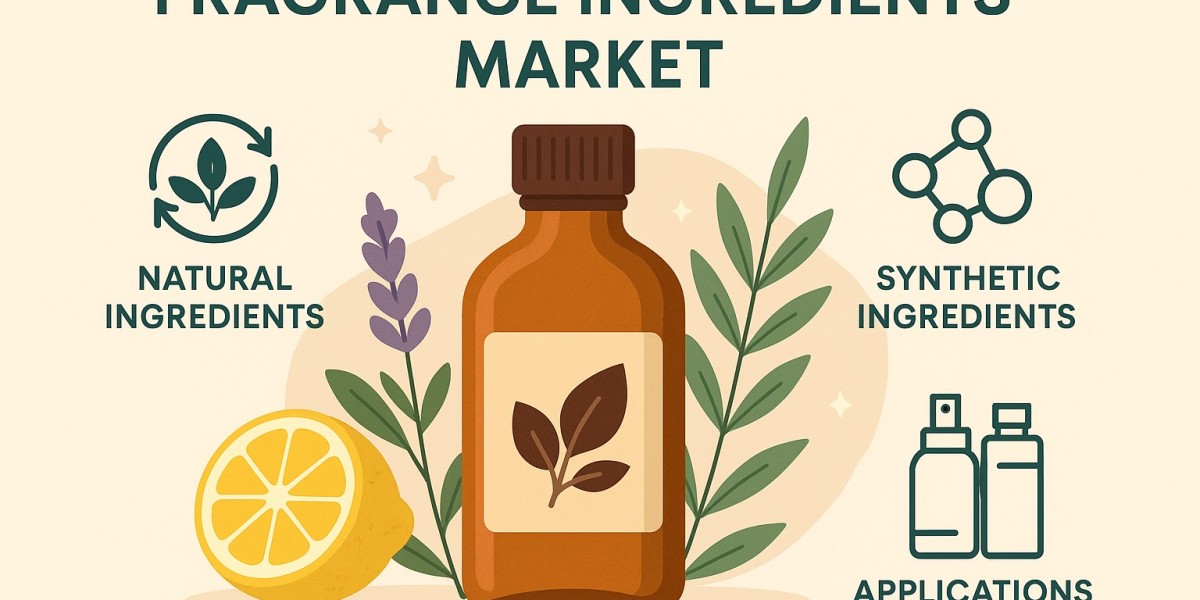Thinking about buying a diamond but unsure if a lab-grown one is the right choice? You’re not alone! In recent years, lab grown diamonds have exploded in popularity—and for good reason. They’re real, stunning, and often more affordable than natural diamonds. Plus, they come without the ethical baggage traditional diamonds sometimes carry. Whether you're in the market for an engagement ring or looking for simple wedding rings, this guide will walk you through everything you need to know about lab grown diamond rings and beyond.
The Science Behind Lab-Grown Diamonds
How Are Lab-Grown Diamonds Made?
Lab-grown diamonds are crafted in high-tech laboratories using two main methods:
- CVD (Chemical Vapor Deposition): Carbon-rich gas is used to build up diamond layers atom by atom, resulting in a gem identical to one mined from the Earth.
- HPHT (High Pressure High Temperature): Mimics the natural diamond formation process by applying extreme pressure and heat to carbon.
Both methods result in diamonds with the same physical, chemical, and optical properties as natural diamonds.
Are Lab Diamonds Real Diamonds?
Yes, absolutely. Despite the lab setting, these diamonds are 100% real. The only difference? Their origin. They’re not synthetic substitutes like cubic zirconia—they’re the real deal.
Lab-Grown vs Natural Diamonds
Visual and Physical Differences
To the naked eye, you can’t tell them apart. Even trained gemologists need advanced equipment to spot the difference. Physically and chemically, they’re identical.
Pricing Comparison
Lab-grown diamonds can cost 30–50% less than mined diamonds. That means you could get a bigger, better-quality diamond for your budget.
Durability and Longevity
They score a perfect 10 on the Mohs scale of hardness—just like natural diamonds. So yes, they’ll last forever.
Environmental and Ethical Advantages
Eco-Friendliness of Lab-Grown Diamonds
Mining is resource-heavy and damaging to ecosystems. In contrast, lab-grown diamonds use significantly less water, land, and energy.
Conflict-Free Alternative
With lab diamonds, you’ll never have to wonder if your gem funded violence. They're a guilt-free choice for conscious consumers.
Popularity of Lab-Grown Diamond Rings
Celebrity Endorsements and Rising Trends
From Meghan Markle to Bindi Irwin, celebs are opting for lab grown diamond rings. It’s becoming more than just a trend—it’s a movement.
Social Media and Consumer Awareness
Instagram and TikTok are flooded with influencers showing off their sparkling lab-created rocks. The awareness is real—and growing daily.
Exploring Lab-Grown Diamond Rings
Engagement Rings
Lab-grown engagement rings come in every style imaginable—from classic solitaires to vintage halos. You can go bold or keep it minimal.
Simple Wedding Rings
Prefer something low-key? Simple wedding rings featuring lab diamonds offer elegant beauty without being flashy. Ideal for everyday wear.
Customizable Designs
Want to add a personal touch? Many jewelers offer fully customizable lab diamond rings, so you can design your dream piece from scratch.
How to Choose the Perfect Lab-Grown Diamond Ring
4Cs of Diamond Quality
Still count—Cut, Color, Clarity, and Carat. Just like natural diamonds, lab-grown options are graded on these same factors.
Ring Settings and Styles
From bezel to prong, pave to cathedral—choose a setting that reflects your personal style and comfort.
Metal Choices for Rings
Pair your lab diamond with gold (yellow, white, or rose), platinum, or even sustainable recycled metals.
Cost Breakdown: Lab-Grown Diamonds
Why Are They More Affordable?
No mining means fewer middlemen, less environmental cleanup, and less overhead. That translates into savings for you.
Where Does Your Money Go?
Most of your investment goes into the craftsmanship and quality of the stone—not into supply chain costs.
Are Lab-Grown Diamonds a Good Investment?
Resale Value and Long-Term Worth
Lab diamonds currently don’t retain resale value as well as mined ones. But if your goal is a beautiful symbol of love—not profit—they’re a perfect fit.
Sentimental vs Monetary Value
It’s not always about resale. For many, the emotional significance far outweighs market trends.
How to Tell if a Diamond is Lab-Grown
Can the Average Buyer Tell?
Nope. Not by just looking at it. You’d need specialized equipment to spot the difference.
Certifications and Testing Labs
Look for certifications from IGI or GIA to confirm authenticity and lab-grown origin.
Where to Buy Lab-Grown Diamond Rings
Reputable Brands and Retailers
Always buy from a trusted source with transparent sourcing and strong customer reviews.
Spotlight: ANZ Jewels’ Collection
ANZ Jewels offers a stunning range of lab grown diamond rings, including simple wedding rings and custom pieces. Explore their latest collection here: ANZ Jewels Rings Collection
Lab-Grown Diamonds in Simple Wedding Rings
Why Minimalism is Making a Comeback
Simple is the new chic. Clean lines and elegant stones are stealing the spotlight in 2025.
Best Styles for Everyday Wear
Think slim bands, solitaire stones, or bezel-set designs—perfect for comfort and timeless beauty.
Caring for Your Lab-Grown Diamond Ring
Cleaning and Maintenance Tips
Use mild soap, warm water, and a soft brush. Or grab an ultrasonic cleaner for deep sparkle.
Storage and Insurance Advice
Store it in a fabric-lined box and get it insured for peace of mind.
What Skeptics Often Get Wrong
The biggest myth? That they’re inferior.
The truth? They’re modern marvels of science. Skeptics often think that a lab-grown diamond is like a knockoff designer handbag—cheap and less valuable. But in reality, these diamonds undergo the same grading process and hold up to the same standards as natural diamonds. If anything, lab diamonds often come with fewer inclusions and better clarity due to the controlled environment in which they're created.
Conclusion
So, what’s the bottom line? Lab grown diamonds are real, beautiful, and practical. They offer a smart, ethical, and stylish choice for modern buyers—especially when it comes to lab grown diamond rings or simple wedding rings.
They give you more sparkle for your spend, better peace of mind about environmental impact, and all the emotional significance of a natural diamond—without the guilt. Whether you're popping the big question, celebrating an anniversary, or simply treating yourself, lab-grown diamonds deserve your full attention.
And hey, in a world where we're moving toward sustainable fashion, clean energy, and conscious living, why shouldn't your jewelry reflect that too?
FAQs
1. Are lab-grown diamonds cheaper than natural ones?
Yes, lab-grown diamonds are generally 30–50% less expensive than their mined counterparts. That means you can go bigger or better without blowing your budget.
2. Will people know my diamond is lab-grown?
Not unless you tell them. Even expert gemologists need advanced equipment to detect the difference. Visually and chemically, they are identical.
3. Are lab-grown diamonds suitable for wedding rings?
Absolutely! They’re durable, stunning, and ethical—perfect for simple wedding rings or elaborate engagement pieces.
4. How do I clean a lab-grown diamond ring?
A gentle scrub with warm water, mild soap, and a soft toothbrush works wonders. For deeper cleans, an ultrasonic jewelry cleaner is a great option.
5. Where can I shop for affordable lab-grown diamond rings?
Check out reputable retailers like ANZ Jewels. Their collection of lab grown diamond rings and simple wedding rings









